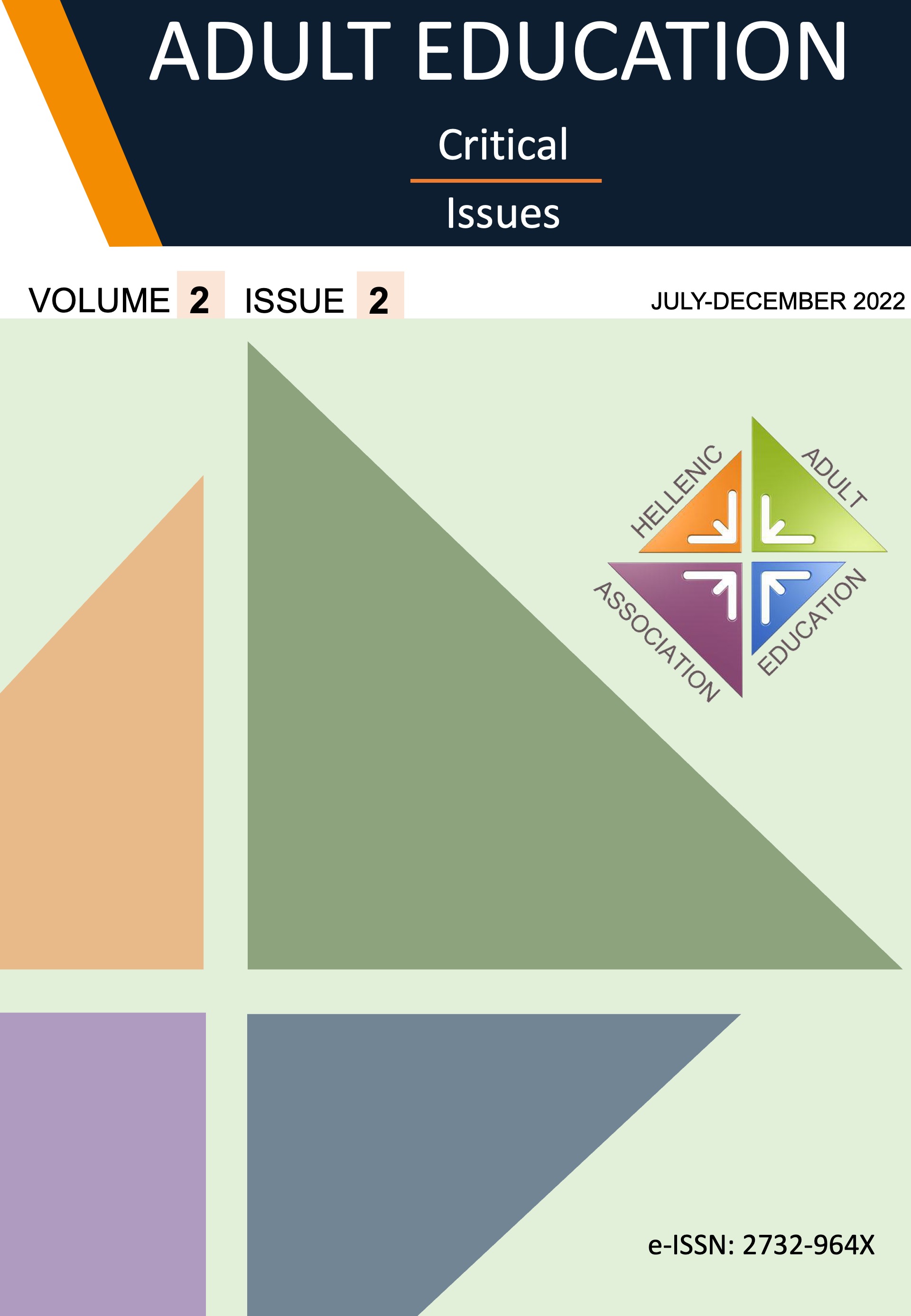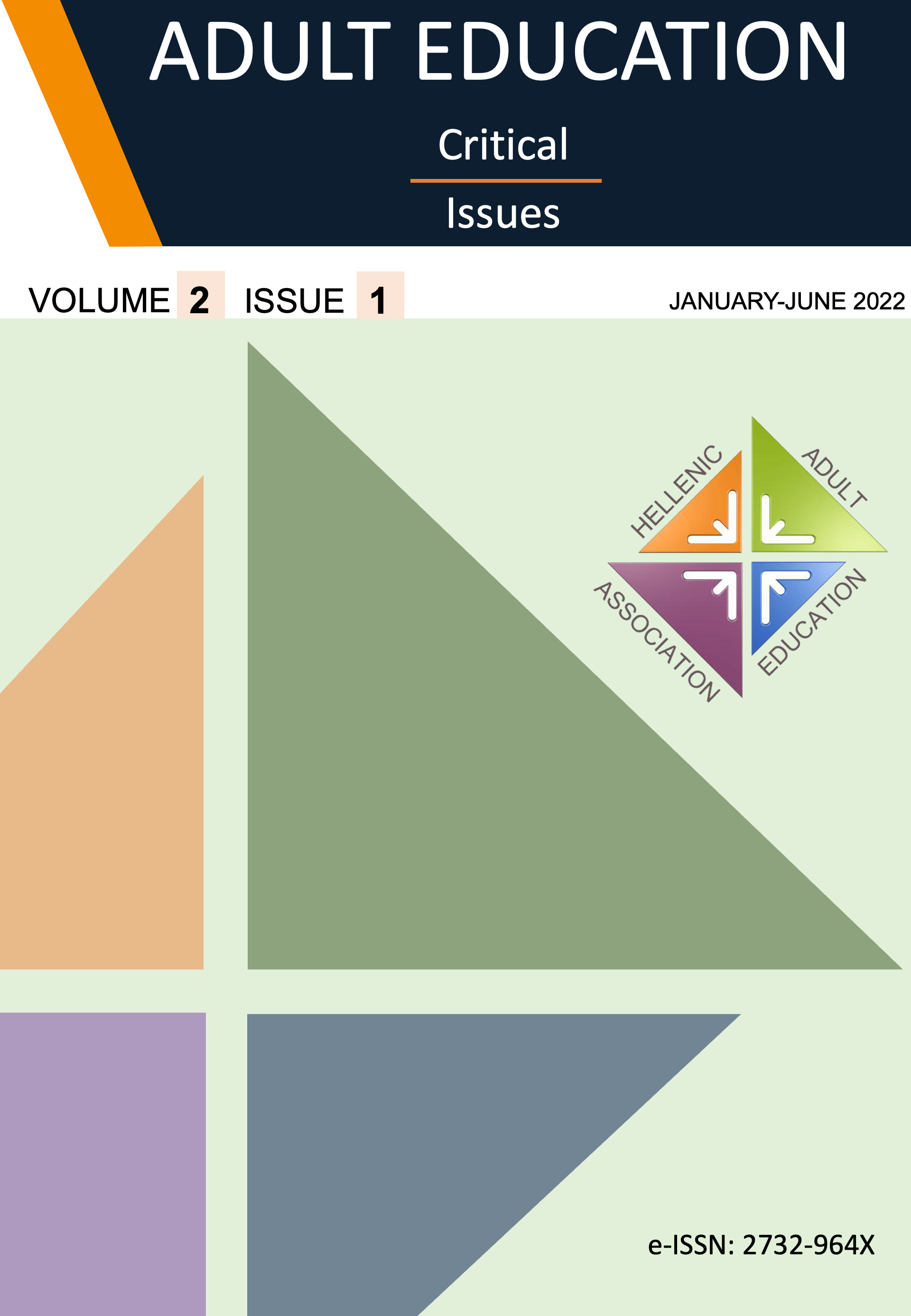A Sociological Imagination: The Neglected Concept in Transformation Theory
Résumé
Malcolm Knowles visited Teachers College as I commenced studying there in 1978. But Paulo Freire’s Pedagogy of the Oppressed opened the possibility that adult education could be radical and transformative. In the same year Jack Mezirow (1978) published his theory of perspective transformation. Andragogy was useful but a paradigm shift in the field of adult education had occurred and through multiple iterations over the following decades we are the inheritors of these exciting developments. Mezirow borrowed from Jürgen Habermas whose theory of communicative action he creatively integrated with the theory of transformative learning (TL). Adult education, that traditionally linked itself with the project of democracy, had a new critical theory inspired understanding of adult learning that works towards democracy. It is this connection that makes TL important in a world facing multiple (connected) crises – climate change, radicalizations, the rise of the far right and wars.
Article Details
- Comment citer
-
Fleming, T. (2024). A Sociological Imagination: The Neglected Concept in Transformation Theory. Adult Education Critical Issues, 4(1), 21–25. https://doi.org/10.12681/haea.35922
- Rubrique
- Articles

Ce travail est disponible sous la licence Creative Commons Attribution 4.0 International .
Authors who publish with this journal agree to the following terms:
- Authors retain copyright and grant the journal right of first publication with the work simultaneously licensed under a Creative Commons Attribution License that allows others to share the work with an acknowledgement of the work's authorship and initial publication in this journal.
- Authors are able to enter into separate, additional contractual arrangements for the non-exclusive distribution of the journal's published version of the work (e.g., post it to an institutional repository or publish it in a book), with an acknowledgement of its initial publication in this journal.
- Authors are permitted and encouraged to post their work online (e.g., in institutional repositories or on their website) prior to and during the submission process, as it can lead to productive exchanges, as well as earlier and greater citation of published work (See The Effect of Open Access).





